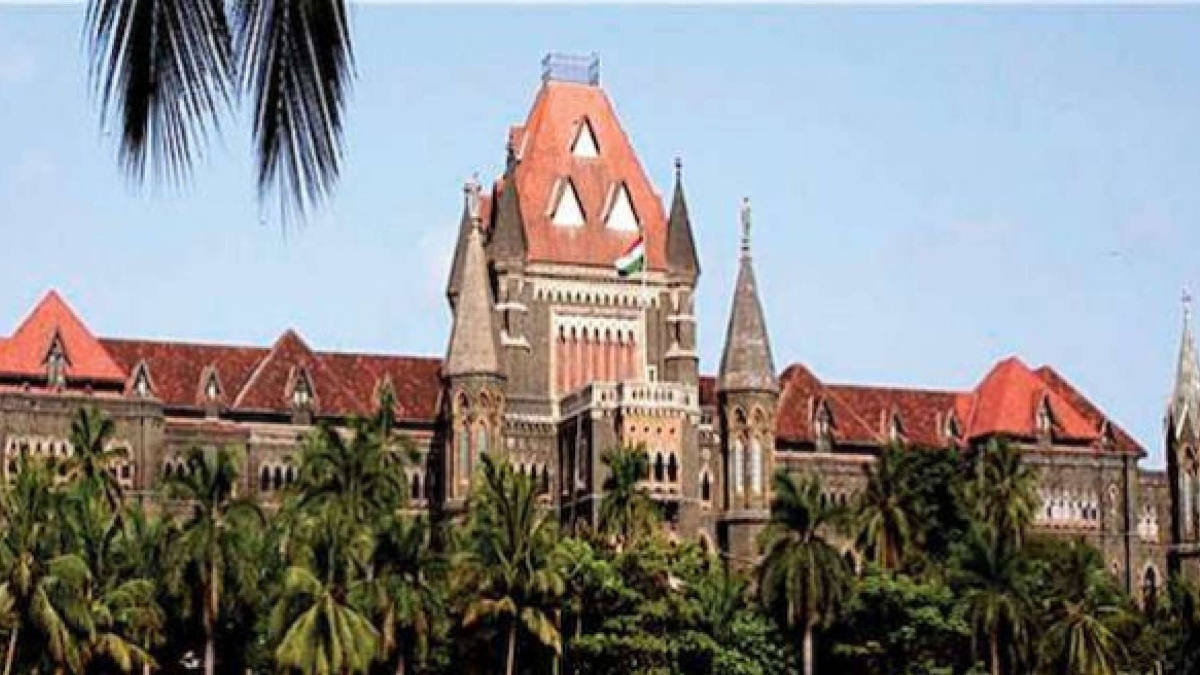Bombay High Court in the case Master Dhairya Pritesh Bansod vs. The Principal, Mothers Pet Kindergarten, Nagpur and ors observed and has recently held that a student doesn’t have a “right” to admission to a private un-aided minority school under the Right of Children to Free and Compulsory Education Act or Right to Education Act, 2009. Further, the court held that granting admission is the absolute discretion of the school.
In the present case, the Court cited the Supreme Court judgement in Society for Unaided Private Schools of Rajasthan v. Union of India, wherein in the case the Supreme Court held that a Private Un-aided Minority School is not covered by the Right of Children to Free and Compulsory Education Act, 2009.
The bench observed that there would be no corresponding right vested in a student to seek admission to such a School and that it would be absolutely within the discretion and of the prerogative of the Private Minority Un-aided School, such being the position.
The bench comprising of Justice Sunil Shukre and the Justice GA Sanap observed and passed the order while refusing to allow an amendment to challenge the rejection of the petitioner’s application form, the petitioner seeking admission to standard 1 of the Centre Point School, Dabha Branch, run by Mother’s Pet Education Society.
It was further stated that the petitioner was aggrieved by the delayed communication of rejection of application form.
Moreover, the court refused relief even on the second ground. The Court stated that there may be delay in communication of rejection of the application form by the school to the petitioner, but this delay in communication by itself would not create and does not provide any right in the petitioner to seek admission to such a School.
Accordingly, it was added that most of the petitioner would have to pursue an alternate civil remedy for the loss which may have occurred to the petitioner due to the delay in communication.
The bench disposed of the petition.
The court said that the court would have certainly considered the amendment application moved by the petitioner had there been any possibility of its bearing out any fruitful result.
The court said that the court would have certainly considered the amendment application moved by the petitioner had there been any possibility of its bearing out any fruitful result























